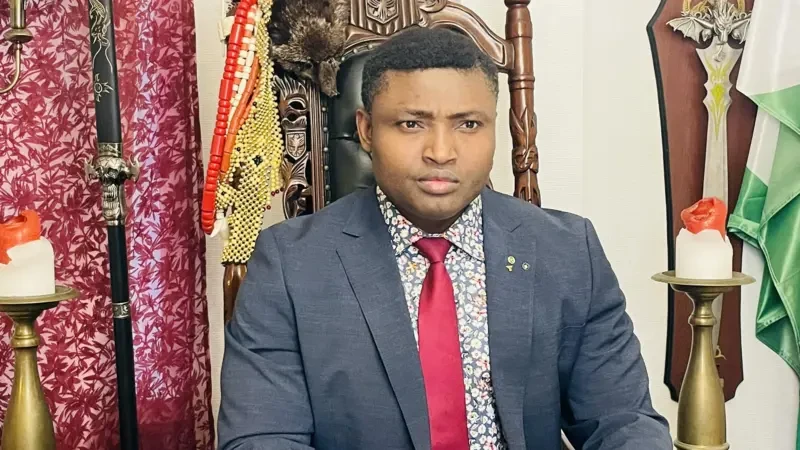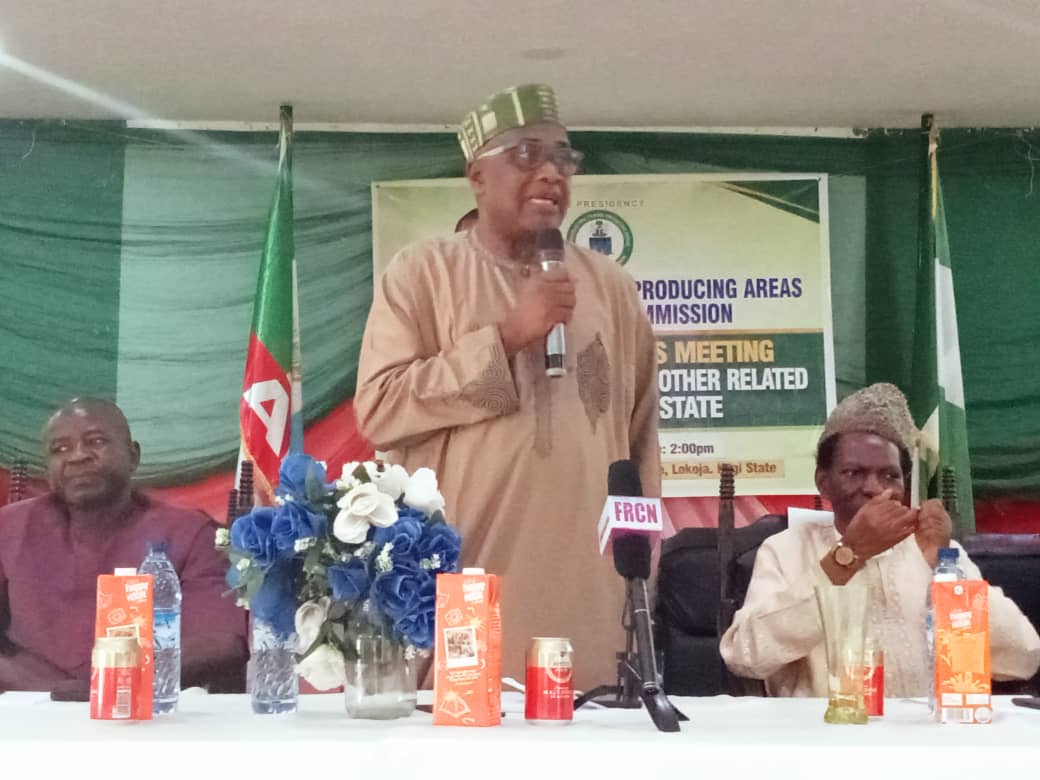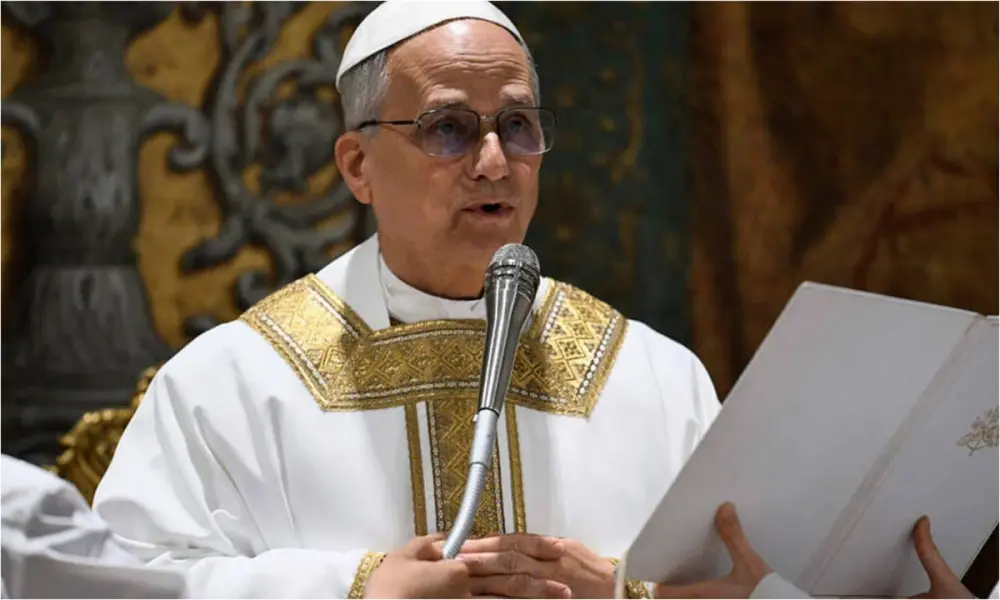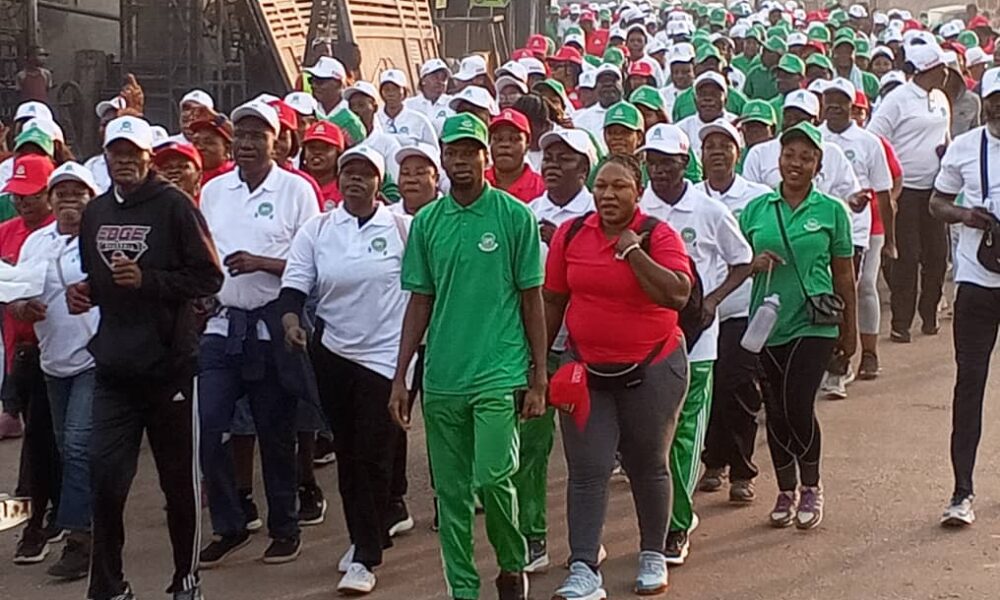Despite being held in detention in Finland, controversial Biafran agitator Simon Ekpa has continued to exert influence over the Biafran separatist movement, introducing two new bills aimed at addressing insecurity in Nigeria’s South-East region.
The announcement, made during a virtual cabinet meeting of the self-declared United States of Biafra (USB), underscores Ekpa’s unwavering grip on the movement even from behind bars.
Ekpa’s legislative push comes in the wake of escalating violence in the region, notably the recent massacre in Nkalaha community where over 20 people were killed.
The two bills—the Rights to Bear Arms and Self-Defence Act 27/2025 and the Arms Manufacturing Bill Act 28/2025—are designed to empower Biafrans to protect themselves against what Ekpa describes as state-sponsored violence and unchecked aggression from non-state actors.
Ekpa, who has been a polarizing figure since taking up the mantle of leadership after Nnamdi Kanu’s arrest, remains a force in Biafran politics despite his legal troubles abroad.
His detention in Finland, related to alleged incitement of violence in Nigeria, has not stopped him from maintaining control over USB operations.
The introduction of these bills suggests a calculated effort to solidify his leadership and reinforce his vision for a militarized Biafra capable of self-defense.
In a statement posted on X (formerly Twitter) by Dr. Ngozi Orabueze, Deputy Prime Minister and Chief of Staff of USB, the urgency of these legislative measures was emphasized. “Self-defence is necessary to the security of liberty and a free state.
The right of the people to keep and bear arms for the purpose of defending themselves and the state shall not be infringed,” the statement read.
The second bill, which proposes the establishment of local arms manufacturing capabilities, is aimed at reducing dependency on external sources for weapons and increasing the self-reliance of the separatist state. “The United States of Biafra, as a state, is tasked with obtaining the means to locally manufacture weapons of a defensive nature to be used to defend the State and people,” Dr. Orabueze stated.

Ekpa’s legislative efforts are a direct response to recent violence in the South-East, where security forces and non-state actors have been implicated in a wave of killings. According to a report by the International Society for Civil Liberties and Rule of Law (Intersociety), 180 people were killed in the Biafra territory between December 2024 and January 2025.
Despite these alarming statistics, Nigerian security agencies have remained conspicuously silent, offering no official response to the report. This silence has fueled accusations of complicity and further alienated the South-East from the central government, adding more weight to separatist rhetoric.
Ekpa’s ability to govern and legislate from detention highlights a unique dynamic in modern separatist movements, where physical presence is no longer a prerequisite for leadership. Leveraging digital platforms and virtual meetings, Ekpa continues to rally support and steer the Biafran cause from afar.
However, his activities have drawn sharp criticism both within Nigeria and internationally.
Human rights groups have accused him of inciting violence through his broadcasts, while others argue that his legislative push could escalate tensions in the region.
There are growing calls for his repatriation to Nigeria to face charges related to his alleged role in the violence.
Meanwhile, his supporters see his detention as part of a broader strategy by international powers to stifle the Biafran movement.
The proposed bills are seen by many in his camp as a necessary step toward self-determination and the protection of Biafran communities.
As Ekpa’s influence persists despite his detention, the question remains: how sustainable is a separatist government led from a foreign prison? The introduction of these bills could embolden supporters on the ground, but it also risks further militarizing an already volatile region.
With the Nigerian government’s continued silence and the increasing polarization in the South-East, the situation remains precarious.
Ekpa’s latest legislative maneuvers are not just an assertion of his leadership—they’re a challenge to the Nigerian state’s authority and a signal that the Biafran struggle is far from over, even if its leader is thousands of miles away.




